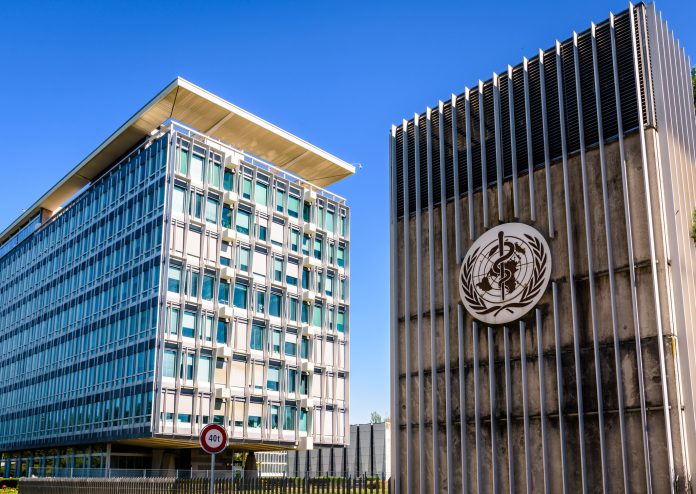Global support for the World Health Organization (WHO) was highlighted at the Seventy-eighth World Health Assembly, as world leaders and philanthropic partners raised over US$ 170 million for WHO’s Investment Round
The pledging event in Geneva marked a significant step towards strengthening international cooperation in global health and supporting WHO’s long-term strategy.
Strengthening WHO’s financial foundations
The new contributions aim to support WHO’s Fourteenth General Programme of Work, which aims to save 40 million lives over the next four years.
Alongside the pledging event, WHO Member States approved an increase in Assessed Contributions, adding an extra US$ 90 million annually to the organization’s core income. These moves collectively represent a major advancement toward more stable and sustainable funding for the global health body.
A world health assembly: A wide coalition of donors
The pledging event included governments, international foundations, and first-time contributors. Among the largest donors were the Novo Nordisk Foundation (US$ 57 million), Switzerland (US$ 40 million), and Sweden (US$ 13.5 million). Other notable contributions included:
- Angola: US$ 8 million
- Qatar: US$ 6 million
- Laerdal Global Health: US$ 12.5 million
- Nippon Foundation: US$ 9.2 million
- Fondation Botnar: US$ 9.6 million
- ELMA Philanthropies: US$ 2 million
- Tanzania: US$ 500,000 (on top of an earlier US$ 500,000)
Several countries, including Cambodia, Gabon, and Mongolia, also contributed, expanding WHO’s donor base. China’s contribution was confirmed for the Investment Round, with final figures to be announced.
A push for flexible and diverse funding
Eight of the donors made flexible contributions, which is considered the most valuable form of funding as it allows WHO to allocate resources where they are most needed. In addition, four contributors were supporting WHO for the first time, showcasing growing trust in the organisation’s mission and approach.
Focusing on flexible and diversified financing is part of WHO’s bigger effort to become a leaner, stronger, and country-focused institution. Strategic funding of this kind ensures that WHO remains responsive to health crises, development goals, and the needs of individual nations.
WHO has also seen growing public engagement through the One World Movement. Nearly 8,000 individuals have signed on as “Member Citizens,” collectively donating close to US$ 600,000, many through recurring monthly contributions. This grassroots support signals widespread global solidarity and a shared commitment to public health.
A milestone for multilateral health cooperation
The pledging event was significant in WHO’s path toward financial sustainability and stronger multilateral health systems. As the organisation looks ahead to 2025–2028, the investments secured during the Assembly will be crucial in advancing health equity, emergency preparedness, and health system resilience worldwide.
By uniting under “One World for Health,” contributors reaffirmed the importance of global partnerships in tackling today’s complex health challenges and achieving better health outcomes for all.











